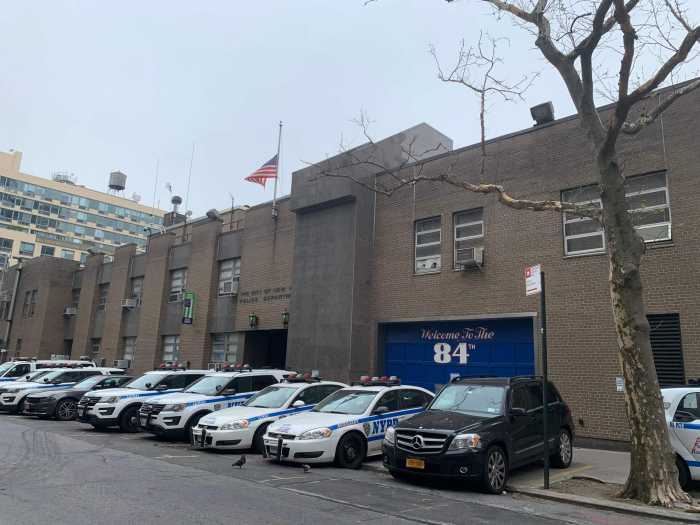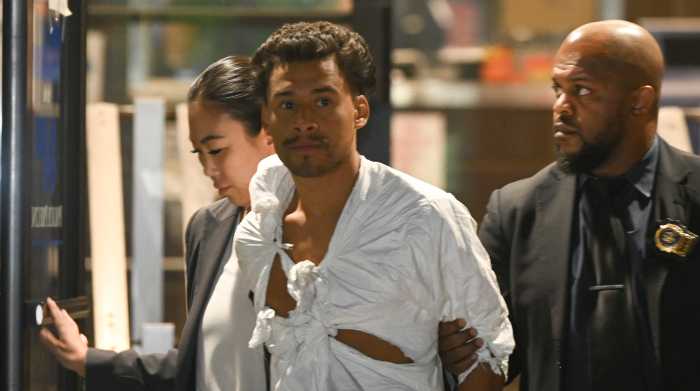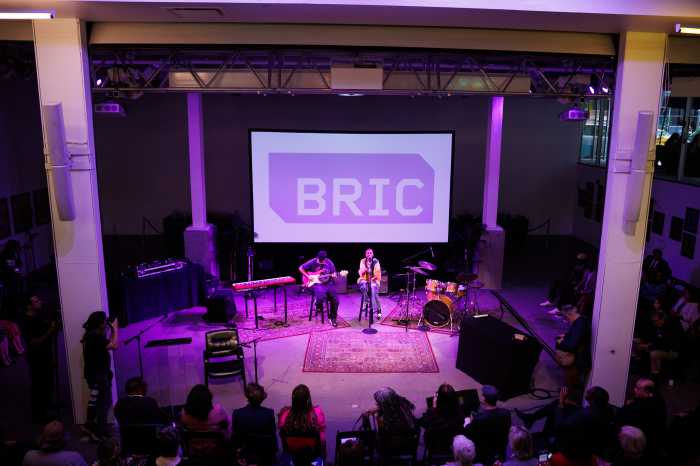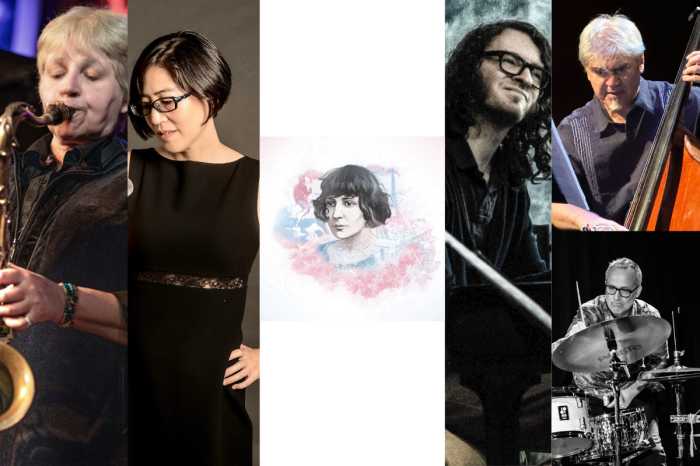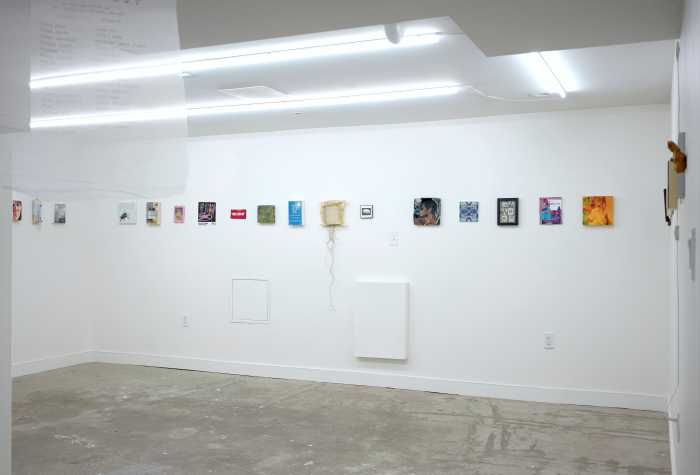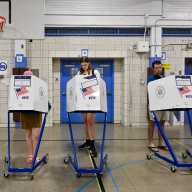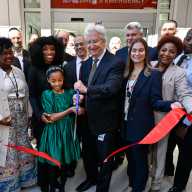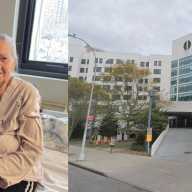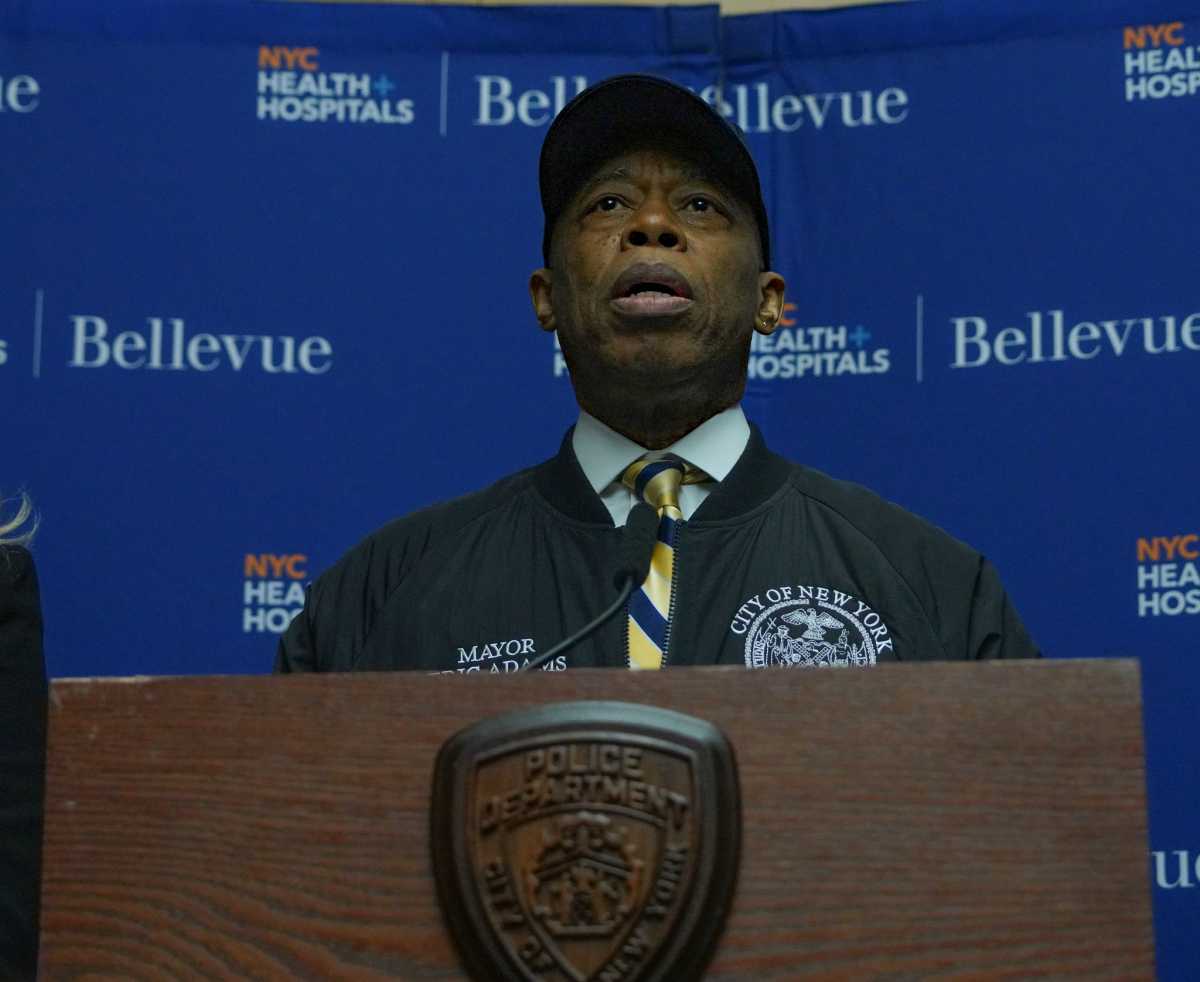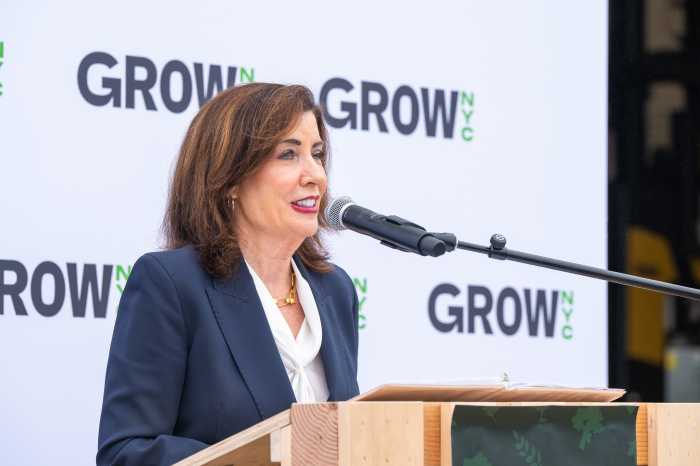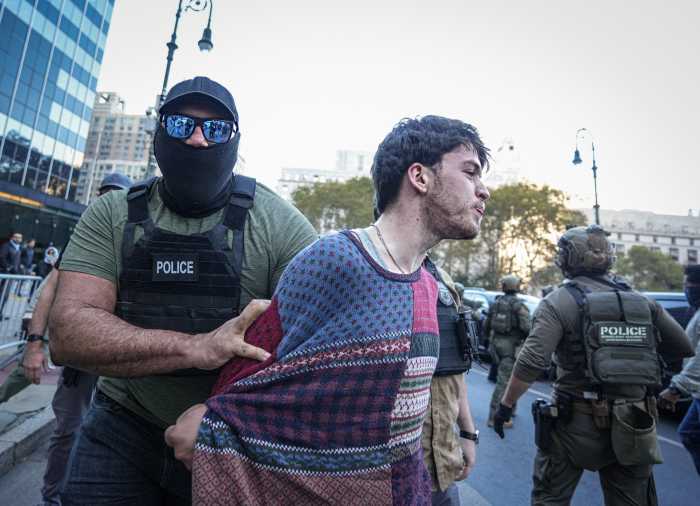An East Flatbush author will pay tribute to Dr. Martin Luther King Jr. by delivering a special reading at Borough Hall on April 5, one day and 51 years after the civil rights leader was assassinated. Willie Mae Brown will read from her soon-to-be-published autobiography “My Selma,” which recounts her experience growing up in the Alabama city while Dr. King organized the movement there, and she witnessed firsthand the activist’s preternatural ability to inspire people.
“He started strategizing, leading people, educating them, bringing up their spirits, and teaching them that they are equal to all men,” said Brown, who settled in Brooklyn after leaving the South in 1971. “I saw the way the people acted and responded to him — it was almost as if he was a savior.”
Brown began writing her memoir about seven years ago in order to both preserve her own personal memories of Selma, and the collective experiences of the people lived there, she said.
“ ‘My Selma’ is a large story — because so many people had lived their own Selma, I just thought about them and what it meant to me, and what happened there,” she said. “It’s [a place] that stays with you.”
Brown plans to begin her 40-minute reading by describing Selma’s sweet-potato fields, lush landscapes, and close-knit community, before recalling the impact that Dr. King had on the city when he arrived in the mid-1960s to help register black voters.
“It opens up telling people what it felt like to be there, what the sounds were. It takes you into the past, what we saw, ate, heard, and lived — we looked out for each other,” she said. “And then King came to town and he came became one of our teachers.”
In 1965, Dr. King led the seminal 54-mile march from Selma to Montgomery to raise awareness about voter suppression and push for the passage of the national Voting Rights Act, which President Lyndon Johnson signed into law five months later. But the city’s story is not one of consistent progress, Brown said — she writes about her experiences with racism in her hometown, and how they shaped her understanding of where she came from.
“I always felt that I was visiting Selma, because we weren’t actually wanted there,” she said.
King’s teachings helped her and others cope with the discrimination they faced, by reminding them that they held the key to their freedom, she said.
“He emancipated the minds of the people so that they could rise up out of their life condition, which was low, so they could rise into a better life condition, with a focus on nonviolence,” said Brown.
Willie Mae Brown reads “My Selma” at Borough Hall (209 Joralemon St. at Court Street Downtown, www.brook




